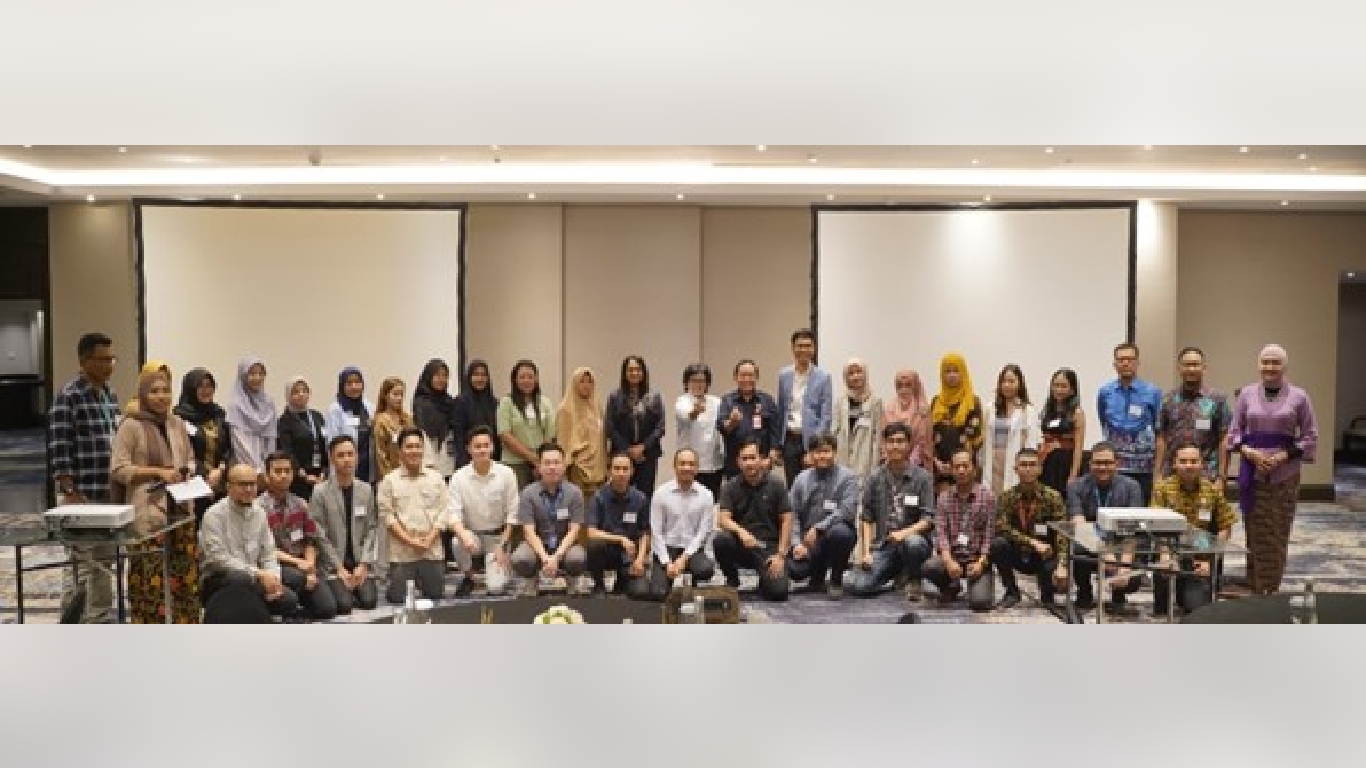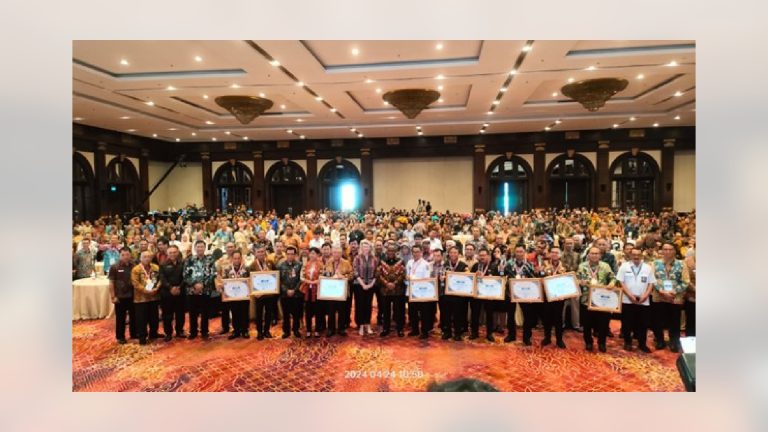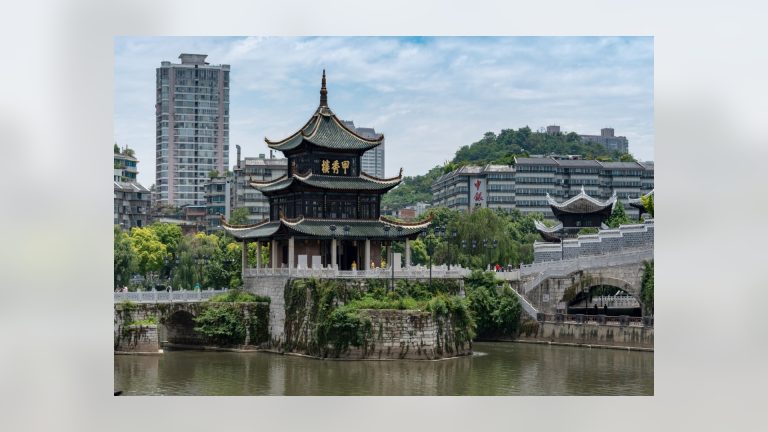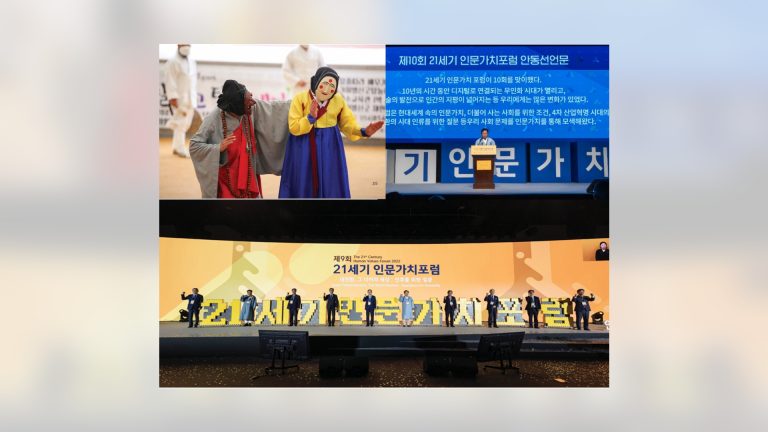UCLG ASPAC has been engaged by the United Nations Economic and Social Commission for Asia and the Pacific (UNESCAP) to support the implementation of the “SCIL” Smart City Innovation Integration Project (October 2021-2023). This project is a response to the rapid population growth in cities across the Asia-Pacific region, which has brought about challenges such as traffic congestion, pollution, waste management, environmental degradation, and the increasing potential for a digital revolution. This project will, thus, foster innovation in the region by facilitating collaboration among cities, start-ups, major technology companies, and key development stakeholders to implement and expand technological solutions for sustainable urban development.
UCLG ASPAC and UNESCAP formalised the collaboration scheme under a Letter of Agreement on Smart City Innovation Lab (SCIL) and Air Pollution project in Southeast Asian Cities in April 2022. The air pollution component was completed in December 2022 and the pilot cities (Jambi and Chiangmai) developed an action plan for air pollution. As for the SCIL, the project has selected Chiangmai, Sihanoukville, and Surabaya for implementation.
The SCIL collaboration takes form in assisting cities exploring technology solutions provided by new businesses and technology companies to address their development challenges and priorities. A call for applications from startup was launched online from February 26, 2023 to April 4, 2023. From July 4-18, 2023, city-startup matchmaking events were conducted to shortlist the approximately 90 applications across the region that matched the local priorities and issues in Sihanoukville, Chiangmai, and Surabaya. The following are the results.
Chiang Mai
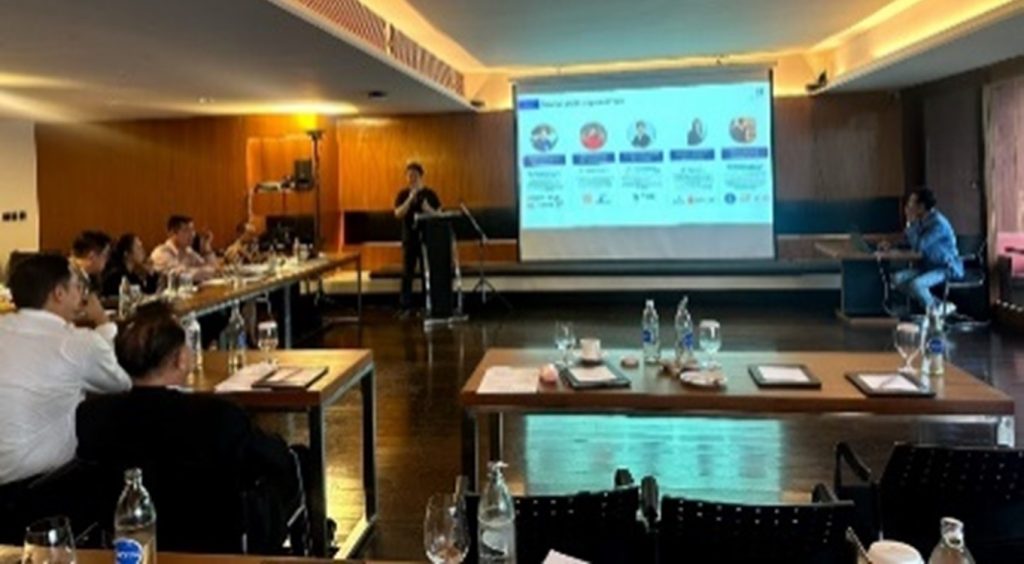
The city of Chiang Mai has identified the development of smart cities as a strategic priority to promote sustainable urban development and improve the quality of life of its citizens, with a focus on smart tourism, reducing emissions, and e-parking.
The five selected startups relevant to this are:
- Soul Parking (local revenue generation and parking space solution with elevated parking system);
- Trambelliar (An online apps base marketplace for the medical and wellness tourism industry);
- Haupcar (Integrated public transportation rental using payment via apps and the using EV (electric vehicle);
- AirDeveloppa (Air conditioning and purifier tools rental and using apps for air quality control at coffee shops and other public spaces);
- Ally Generation (Safety guidance Apps for the community (protection against sexual harassment, incident management risk).
Sihanoukville
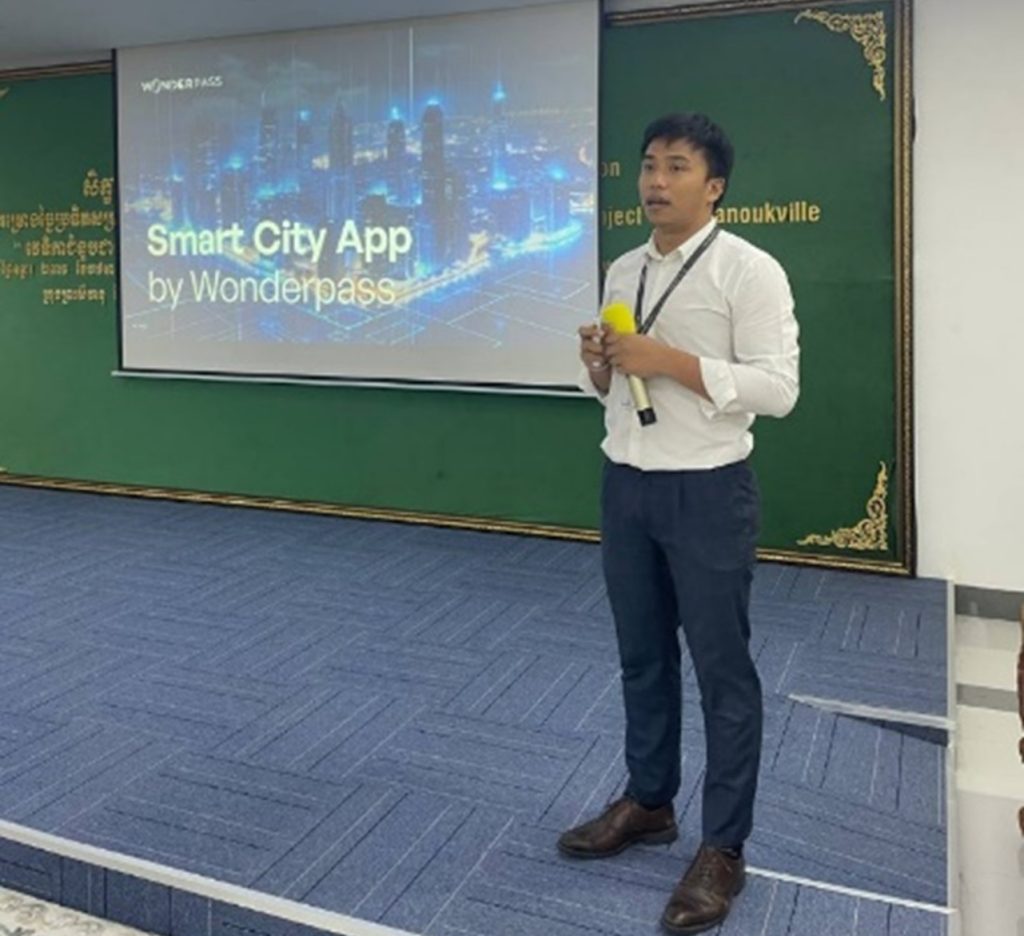
The Mayor mentioned that smart waste management, smart transportation, and smart tourism have been selected themes for startups and technology companies in the regions to propose their innovations.
With technical support from ESCAP and Seedstars, four startups below were shortlisted to pitch their ideas in this matchmaking and networking event:
- BookMeBus Co. Ltd is a Cambodian smart travel management platform which provides digital booking services through BookMeBus Application available on both iOS and android systems and established in 2015. The App allows users to book bus, ferry, private transportation, and accommodation;
- Wonderpass Technology is a smart ticketing and technology provider founded in 2019 in Phnom Penh, Cambodia and backed by Canadian venture capital firm, Haystack Fund. The company signed a Memorandum of Understanding with the Ministry of Tourism of Cambodia in efforts to develop Cambodia’s crucial tourism sector, including, smart ticketing, event management, e-payment, e-sports, and the digitalisation of tourist-related information system;
- ETRAN is the Thailand cleanest mobility company which offers the best designs, experience, and technology to regenerate a healthier environment and better livings for everyone. The company started in 2017 and received various awards. To support Sihanoukville on smart transportation, ETRAN would provide 10 electrical motorcycles for city’s internal operation or real business user for 2-3 months during the pilot project;
- GEPP Sa-Ard Co. Ltd is the company focused on the waste generation and recovery rate in Sihanoukville and linked it to the company’s vision to be the platform that consumers and businesses can use to reduce carbon emissions by managing waste sustainably and its mission to provide the data-driven solutions to help city and businesses reduce landfill waste and increase material circulation.
Surabaya
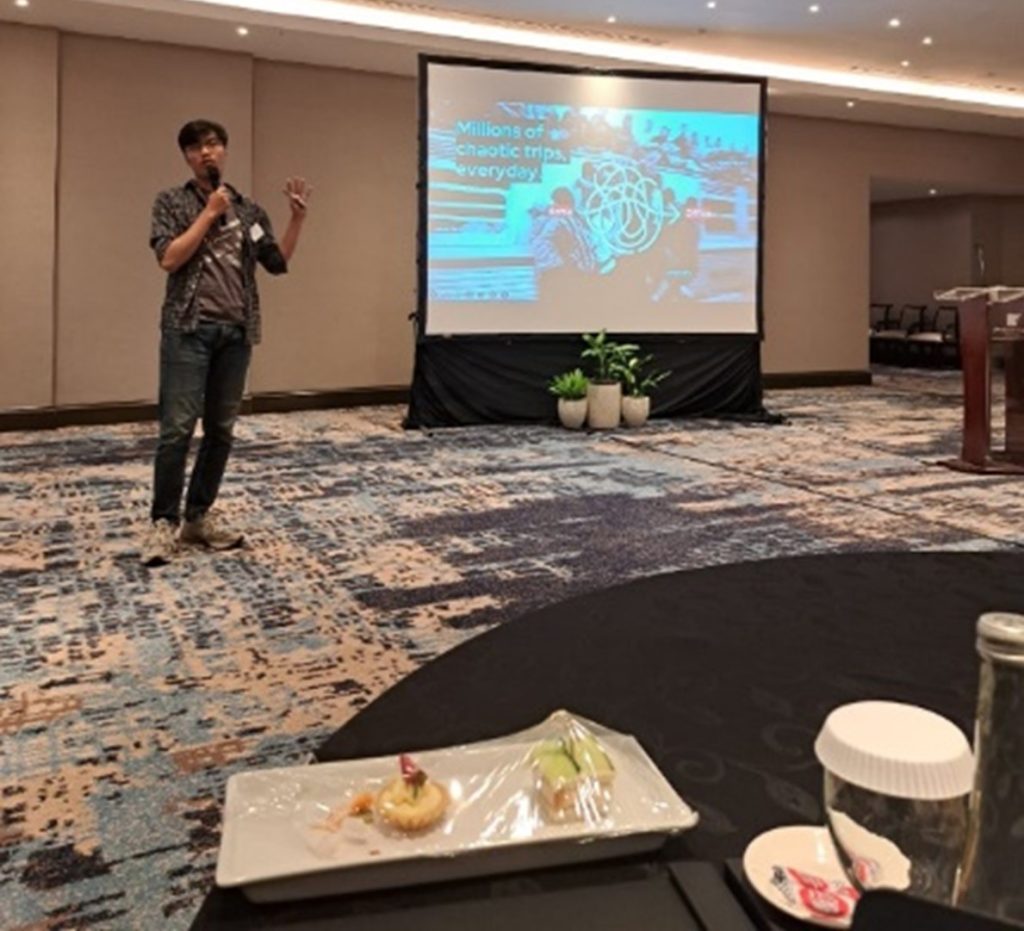
The Surabaya City Government has identified the development of a smart city as a key strategy for promoting sustainable urban development and improving the quality of life, with a particular focus on economic recovery, waste management, and transport.
The selected startups are tasked with tackling unique city-specific problems through their innovative solutions, from smart waste management to shared mobility services and beyond. Here are the selected startups and their respective initiatives:
- Cityplan: Revolutionising business decision-making through location intelligence. It provides comprehensive data, analytical tools, and business consulting;
- Surplus Indonesia: Providing end-to-end solutions that enable local food businesses to oversell their oversold and imperfect products, reducing food waste;
- Jaramba: A public transit service integration platform that enhances services, reduces dependence on private vehicles, and helps solve mobility and environmental problems;
- SMEs Pack: A B2B trade aggregator export that addresses supply chain and distribution issues, connecting SMEs with direct buyers;
- Buangdisini: Offering solutions that turn waste into valuable commodities, promoting sustainable outcomes through transparency and data-driven decisions.
The matchmaking and networking event successfully built a platform for future collaboration among relevant stakeholders including startups, local government departments, private sectors, development partners, and non-governmental organisations with interest in supporting cities on smart city initiatives. Next, each pilot cities, with the support of UNESCAP and UCLG ASPAC, will select one startup. The process will complete in August 2023 and the action plan will be implemented by October 2023 with the selected startup receiving assistance USD 10,000 for realisation. There will also be peer learning and knowledge sharing among pilot cities carried out in Suwon in conjunction with the Asia Pacific Urban Forum (APUF).








